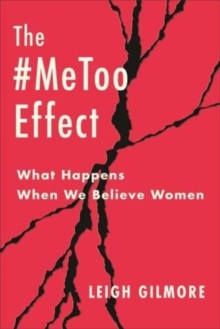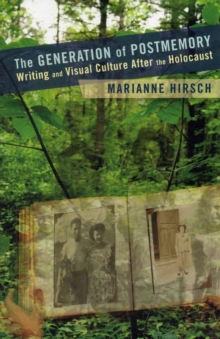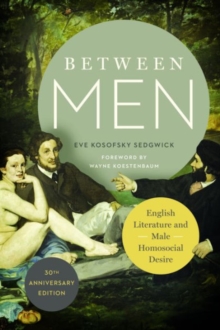
Pursuing Privacy in Cold War America EPUB
by Deborah Nelson
Part of the Gender and Culture Series series
EPUB
Description
Pursuing Privacy in Cold War America explores the relationship between confessional poetry and constitutional privacy doctrine, both of which emerged at the end of the 1950s. While the public declarations of the Supreme Court and the private declamations of the lyric poet may seem unrelated, both express the upheavals in American notions of privacy that marked the Cold War era. Nelson situates the poetry and legal decisions as part of a far wider anxiety about privacy that erupted across the social, cultural, and political spectrum during this period. She explores the panic over the "death of privacy" aroused by broad changes in postwar culture: the growth of suburbia, the advent of television, the popularity of psychoanalysis, the arrival of computer databases, and the spectacles of confession associated with McCarthyism.
Examining this interchange between poetry and law at its most intense moments of reflection in the 1960s, '70s, and '80s, Deborah Nelson produces a rhetorical analysis of a privacy concept integral to postwar America's self-definition and to bedrock contradictions in Cold War ideology. Nelson argues that the desire to stabilize privacy in a constitutional right and the movement toward confession in postwar American poetry were not simply manifestations of the anxiety about privacy. Supreme Court justices and confessional poets such as Anne Sexton, Robert Lowell, W. D. Snodgrass, and Sylvia Plath were redefining the nature of privacy itself. Close reading of the poetry alongside the Supreme Court's shifting definitions of privacy in landmark decisions reveals a broader and deeper cultural metaphor at work.
Information
-
Download - Immediately Available
- Format:EPUB
- Pages:232 pages
- Publisher:Columbia University Press
- Publication Date:26/12/2001
- Category:
- ISBN:9780231505888
Other Formats
- Hardback from £80.15
- Paperback / softback from £24.59
Information
-
Download - Immediately Available
- Format:EPUB
- Pages:232 pages
- Publisher:Columbia University Press
- Publication Date:26/12/2001
- Category:
- ISBN:9780231505888










